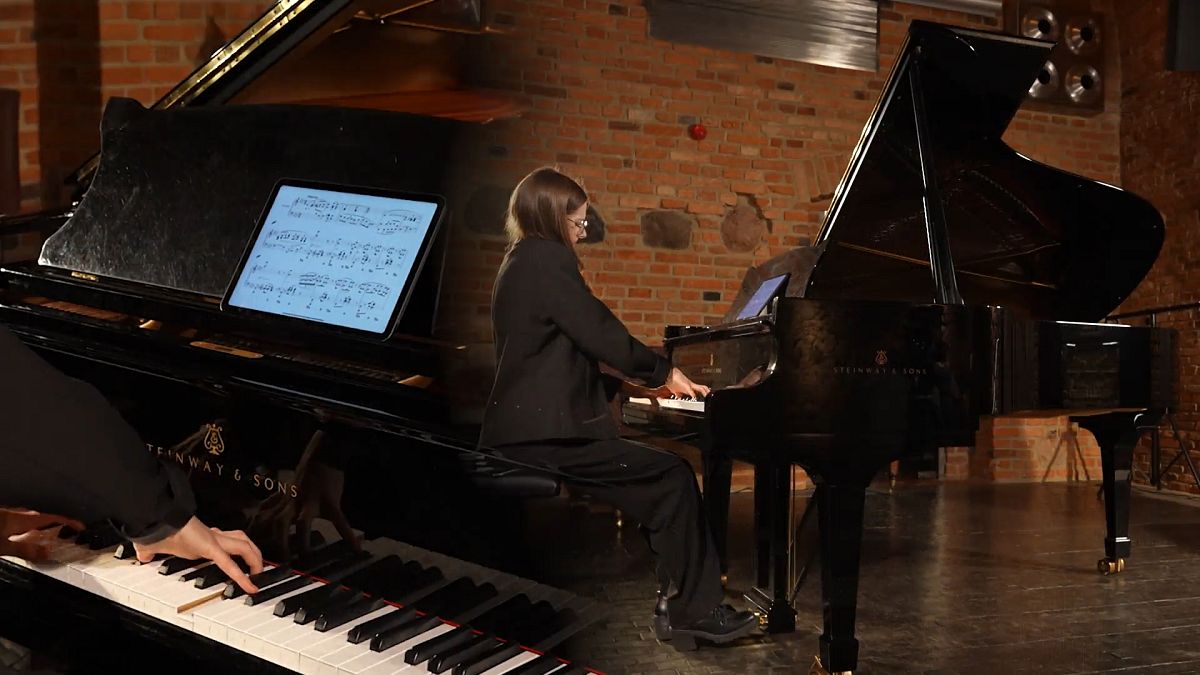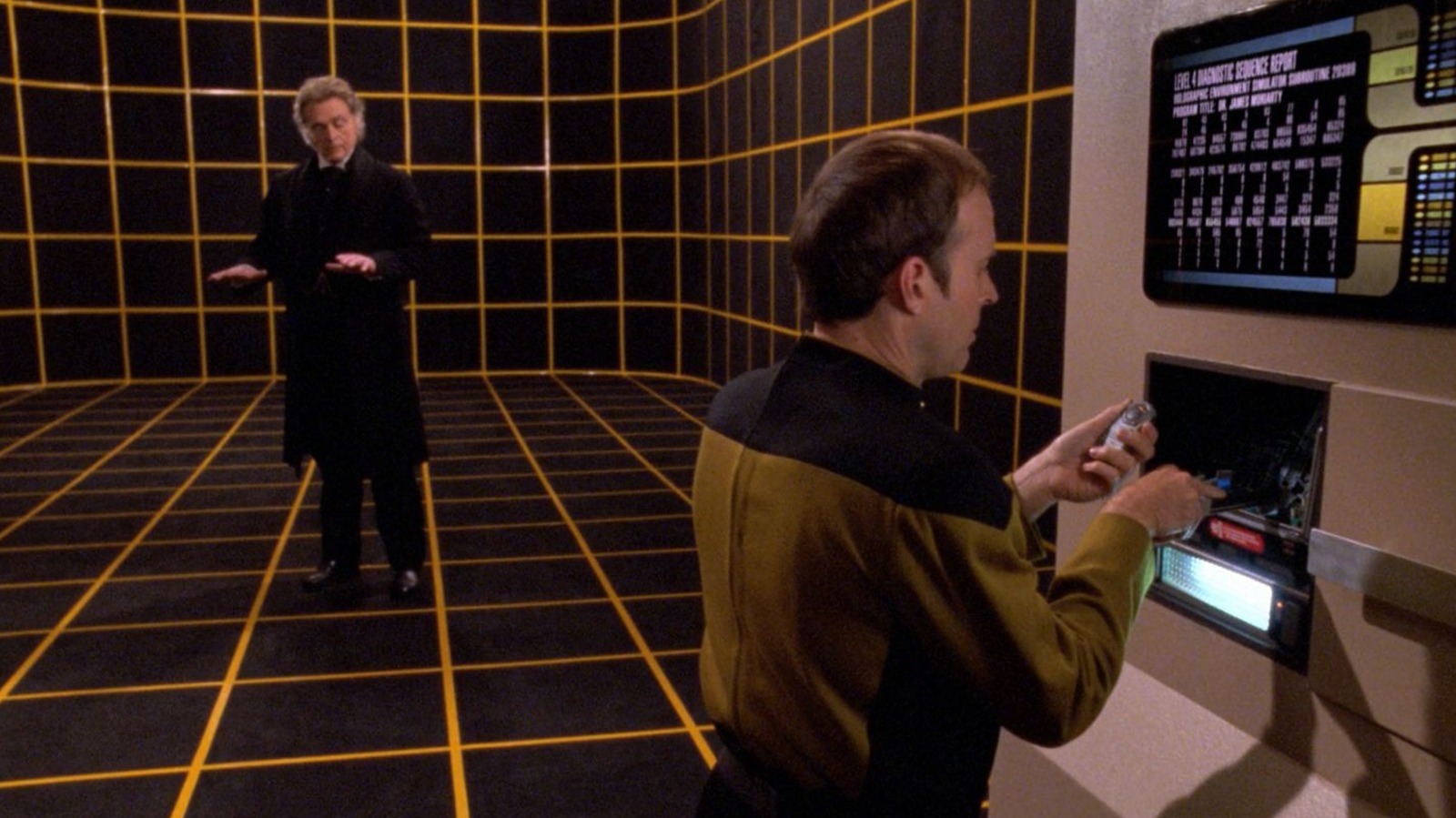Tens of thousands of scores and objects belonging to Frédéric Chopin, the most famous French-Polish composer in history, have been digitised at the Frédéric Chopin Institute in Warsaw, thanks to a European project that helps to raise awareness of the figure of the genius of Romanticism.
Composer and pianist, Frédéric Chopin died in Paris in 1849 at the age of thirty-nine from a lung condition. The son of a French father and a Polish mother, he began playing the piano at the age of four. At twenty-one he moved to France, although echoes of the folklore of his beloved Poland remained evident in his prolific work. The Frédéric Chopin Institute in Warsaw has brought it together on a free platform that is accessible to everyone with just one click.
Jacek Iwaszko, coordinator of the Chopin Heritage Open Access Project, explains that they decided to “publish materials that had never been published online or were very unique.”
The platform, a goldmine for researchers and specialists
Although access is open to all, Chopin specialists, musicians and researchers are the ones who benefit most from the platform. Young and award-winning performer Justyna Żołnacz uses it to compare and learn.
More than two years of work and still many secrets to be revealed
The digitalisation of the Chopin universe mobilised around twenty people for more than two years. Scanners of different types were used, depending on the characteristics of each object.
One of the biggest challenges, Iwaszko says, was “converting all the metadata into a single format, to make it easier to search” on the platform. It also aims to preserve Chopin’s legacy forever: “We thought of digitisation as part of the preservation of materials because we know that a lot of Polish music was destroyed during World War II,” adds Jacek Iwaszko.
However, the archives of the Chopin Institute in Warsaw still hold many secrets to be revealed. Many of the digitised works come from the Frederic Chopin Museum in Warsaw, which houses nearly ninety thousand objects that belonged to the composer; but many others have not yet been digitised. Thousands of books dedicated to the composer are stored in the archives of the Chopin Institute at a constant temperature of seventeen degrees to ensure their preservation. According to Marcelina Chojecka, project coordinator, there are more than 19,000 books. “Thanks to EU funds, we have digitised more than 1,500 of them,” she explains.
The project had a budget of more than 1.7 million euros, of which almost 63% comes from the European Union’s cohesion policy.
















